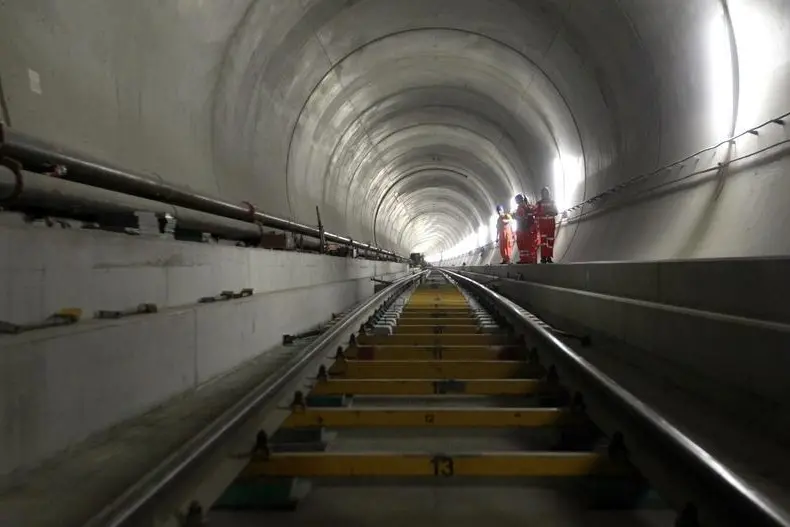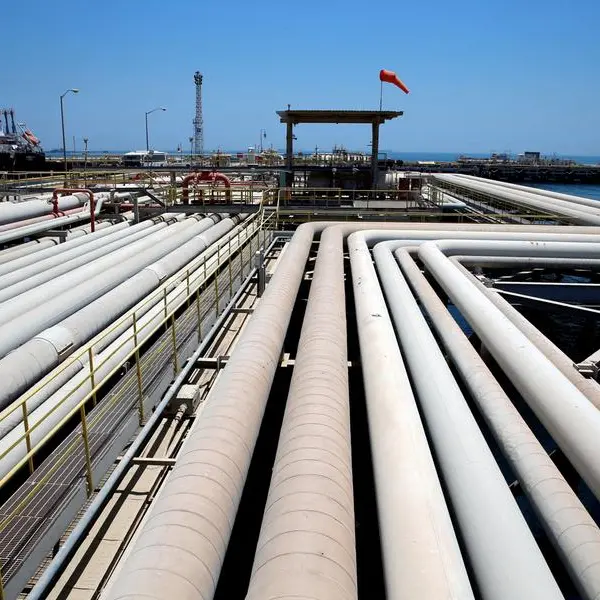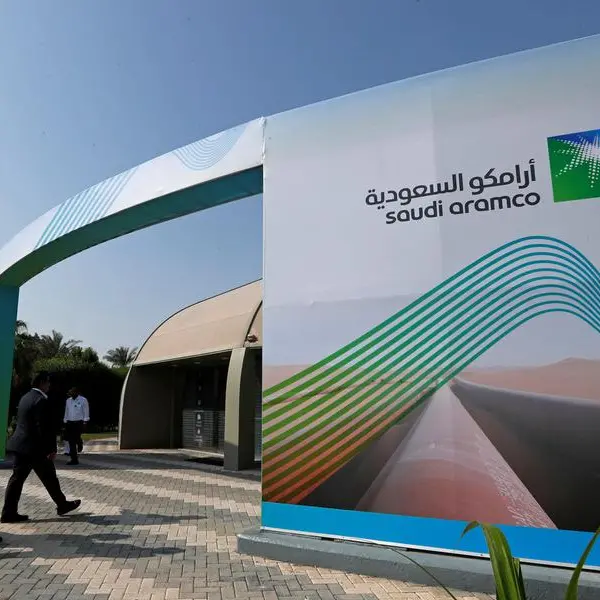PHOTO
Bahrain's metro project will further cement the kingdom’s position in the region as the best place to live and work – by providing people alternative means of transport, according to an expert.
Expected to be operational by 2023, the project will cost between $1 billion and $2bn and cover a total area of 109km.
To be implemented in four phases, the development will feature six lines with electric driver-less trains capable of carrying 43,000 passengers per hour from more than 20 stations spread across the country.
“We welcome the fact that the metro project appears to be progressing,” Alliance of Rail New Entrants secretary general Nick Brooks told the GDN.
He also noted that consultancy tenders for phase one of the metro project were announced earlier this year.
Three companies – Al Zayani Engineering, KPMG and PricewaterhouseCoopers Middle East (PwC) – were shortlisted last month to provide transaction advisory and consultancy services for phase one of the project.
“Ultimately, we hope that the metro will be attractive to all sections of Bahraini society and provide a genuine alternative to cars or taxis,” said the top official of Europe’s new rail association based in Belgium.
“This will make Bahrain a more attractive place to work and live in.
“Apart from helping reduce the carbon footprint, new metros are often much more fast and comfortable than the car.”
Mr Brooks also hoped the rail network will one day link the entire GCC.
“We hope that there will also one day be a passenger rail network linking the GCC, starting with a rail link across King Fahad Causeway.
“There are many commuters using the causeway who would surely prefer a smoother and faster ride by rail than is currently the case by road.”
Mr Brooks was speaking ahead of his participation in the upcoming Bahrain Rail Congress 2019 that will be held on October 2 and 3 at the Hotel Sofitel Bahrain Zallaq Thalassa Sea and Spa.
Government representatives, ministries, industry experts, technology leaders and global rail innovators are expected to take part in the event.
Mr Brooks is one of the speakers at the event along with Metro Istanbul project director Mehmet Dagli, Kolkata Metro Rail Corporation (India), Signalling and Telecommunications chief engineer Sanjay Kumar, and Kuwait’s Public Authority for Roads and Transportation director-general Suha Ashkanani.
Other speakers from Bahrain include Works, Municipalities Affairs and Urban Planning Ministry infrastructure adviser Loay Ghazaleh along with three officials from the Transportation and Telecommunications Ministry.
This includes two advisers to Minister Kamal Ahmed and the Land Transport sector assistant under-secretary Nada Deen.
Mr Brooks said he will speak about the comprehensive rail systems in Europe and opening up transport for the people.
“We prefer market opening as the best method to get the most value out of every dinar invested.
“That means competitive tenders for metros, rather than a direct award to one specific operator, and open data for the metro, so that it can best integrate into other public transport modes by means of consolidated ticketing for buses, cycles and future mobility as a service (car-sharing).”
He said this will offer people door-to-door travel options that will rival the individual motor car.
He said he will also talk about competition on the tracks in Intercity GCC rail.
“Wherever direct long-distance rail operators compete on the same tracks in Europe, we have witnessed improved quality, lower prices and often double the ridership (than beforehand) because people are then attracted to rail from other modes of transport such as buses and flights,” added Mr Brooks.
Bahrain’s nationwide monorail network was first proposed and approved by the Cabinet in 2008, but stalled shortly afterwards due to the global financial crisis.
On October 6, 2015 new bids for the construction of the light rail network were invited by the Tender Board, as part of Bahrain’s section of a pan-Gulf railway.
The GCC Railway, which is on track to be operational by the end of 2023, will connect a cargo station in the Khalifa Bin Salman Port in Hidd and a passenger terminal in Salmabad to a train station in Saudi Arabia.
Bahrain’s section of the railway project, from the station in Hidd to the station in Saudi, will extend 75km, including the upcoming 25km King Hamad Causeway.
© Copyright 2019 www.gdnonline.com
Copyright 2019 Al Hilal Publishing and Marketing Group Provided by SyndiGate Media Inc. (Syndigate.info).





















